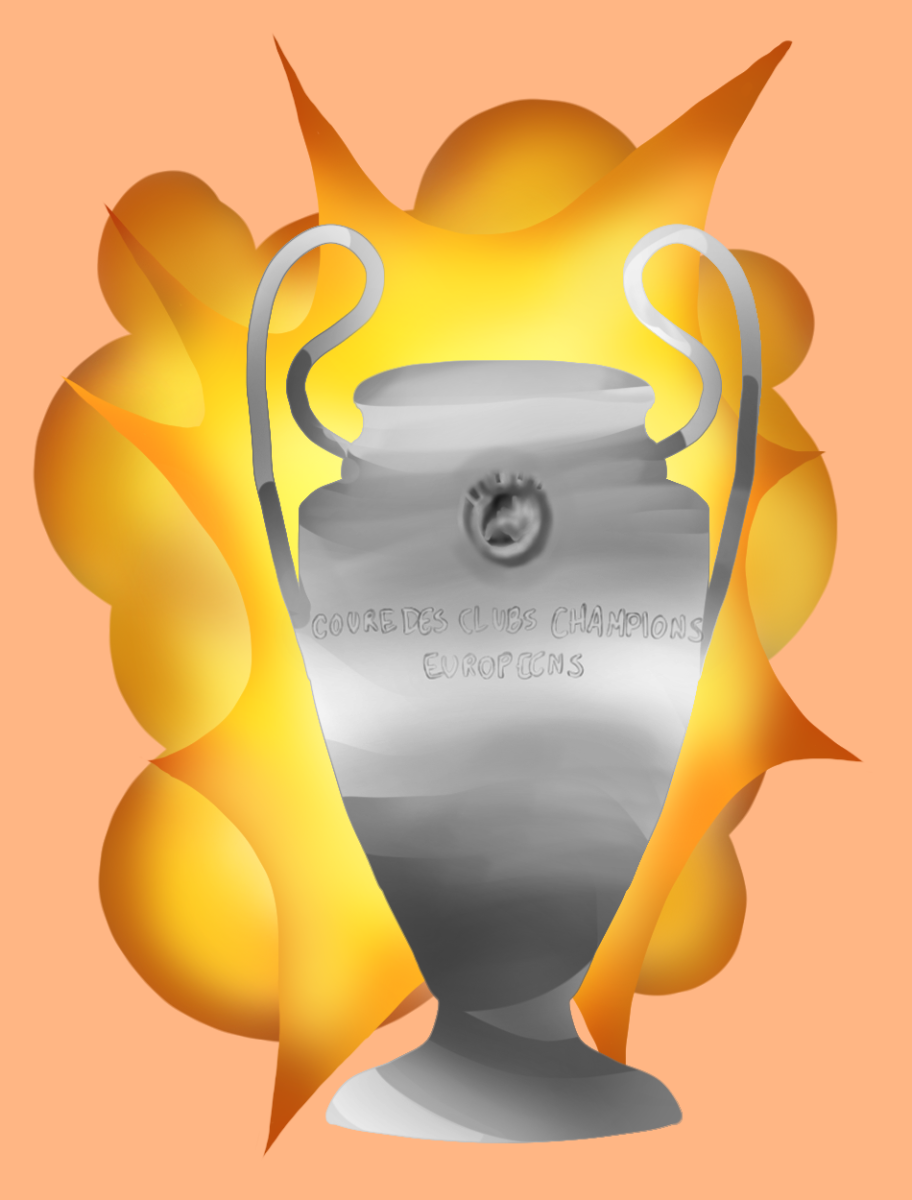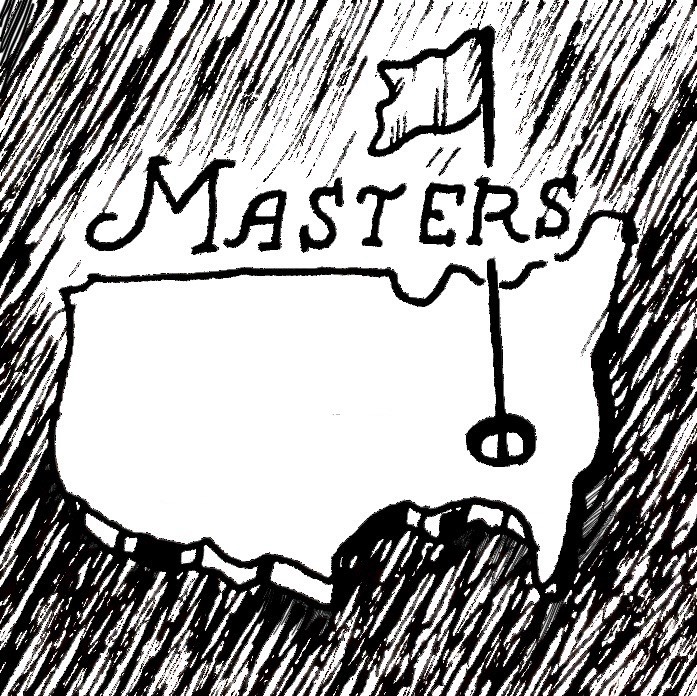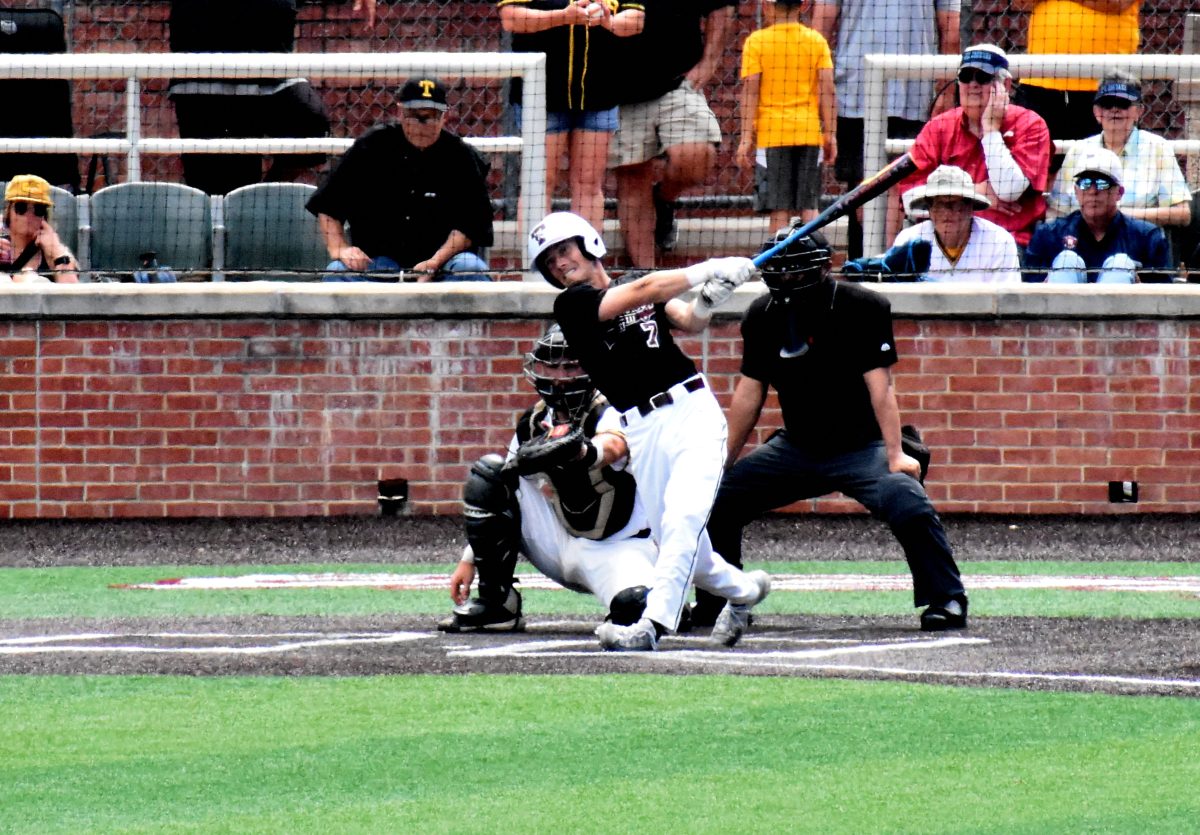A Beaumont youth football team recently followed Colin Kaepernick’s example and kneeled during the national anthem before their game. The team, made up of mostly fifth graders, has proclaimed they will continue to kneel for every game until the end of the season.
Kaepernick’s decision to kneel during the anthem invited criticism from the likes of Trent Dilfer, Jerry Rice and Drew Brees. The most thoughtful responses recognize the need for improved education systems and safer communities while questioning the method “” disrespecting the flag and the men and women who have fought to defend it. Some have attacked with less patience, defaming Kaepernick’s moral character and calling him spoiled and pretentious.
ABC News utilized a wonderfully simple and effective phrase to describe the QB’s action: “Kaepernick takes a stand for social justice.” His football rivals have joined him in kneeling, and President Obama and Stephen Curry both voiced their admiration. Many publications also have asserted that critics merely make Kaepernick’s voice stronger, which is evidence of the undeniable effect one backup quarterback can have in such a politically polarized time.
One thing should be understood about Kaepernick and his growing support team. Athletes should never be required by law “” be it federal, state, local or a private organization’s “” to stand during the national anthem. That seems a bit too Orwellian. The First Amendment was created to prevent any sort of state coercion of the people according to that state’s will. An individual’s right to protest through peaceful means is a right that no governing body should tread upon. Instead, what should be debated are the vast implications of kneeling, minus the already tired clichés of Kaepernick being either a deluded athlete or a hero for the disadvantaged and needy.
In his recent column for The New York Times, David Brooks drives at an important point “” as Americans, we have collectively expected nothing short of greatness since the founding of our country. Whether it is in the arts, sports or our role as the world’s foremost technological innovator, our nation has demonstrated the merits of having an environment free from government interference into our businesses and social structures. Our uniquely diverse influx of people and ideas has bequeathed a country unlike any other. But America is certainly not without its faults. We are, after all, humans, ultimately driven by self-interest and conditioned by our family and culture’s histories to pursue lifestyles that clash with those from different backgrounds. In this way, our greatest strength is also our greatest weakness. America has become the most powerful and influential nation the world has ever known, but it is also one with an indisputably distressing problem “” and it’s not racism (although racism plays a part) “” it’s tribalism.
Our presidential election provides a glance into this disgusting national pathology. The rise of social media, TV news circuits vying for your attention during breakfast and big, biased media has steadily culminated into an Age of Affirmation. Trump supporters, Hillary supporters, frustrated Bernie loyalists and self-defined stalwart conservatives who refuse to back Trump “” each has essentially formed their own independent tribe that spends little time pursuing open dialogue with those that disagree with them and more dedicated to patting themselves on the back for their personal morally superior perspective. Self-affirmation, and the affirmation we receive from our fellow tribe members, trumps self-denial in the hopes for a better future. At times it feels like we are going in circles, achieving nothing besides boosted egos.
It would be wrong to suggest that Kaepernick is kneeling to spite the offended tribes, or to affirm those that have overtly drooled at his bravery and willingness to defy traditional norms. But we should be careful not to misconstrue his actions, and the subsequent actions of those he has inspired, into added ammunition for the already intense, empty political war we are witnessing. Too often the search for common ground is undermined by our political identities. The real socio-cultural problems America faces cannot be solved this way. We need real, carefully thought-out solutions based on graciousness and accountability.
That being said, Kaepernick kneeling has not proven to be a solution. Kaepernick donating $1 million to various charities that aid communities in need “” that is part of the solution. Kaepernick and former Green Beret Nate Boyer candidly discussing the issue on a one-to-one, man-to-man basis “” that is part of the solution. Mass kneeling has only served to further divide a country which many believe is more divided than it has been since the end of the civil rights movement. Each tribe assumed its inevitable position and has neither budged nor demonstrated any interest in listening. What we can learn from the further polarization that Kaepernick has unintentionally fueled is that enough is enough. His actions on an individual scale are admirable. His utilization of his status as a professional-athlete to give the disadvantaged a voice by disrespecting the flag may be sending the wrong message, regardless of his original moral objective.
Instead of kneeling, we could learn a lesson from the Seattle Seahawks, who link arms while standing during the anthem. Their united stance serves as a beautiful example of solidarity in the face of tremendous odds “” a characteristic of America that has unfortunately been discarded over time in favor of tribalistic power plays. Open discourse across the political spectrum, and volunteering with communities in need are things that will help. Encouraging our eleven-year-olds to kneel during an anthem that honors American soldiers, the true heroes, as well as the freedom and unity we share that makes America a special place, may only serve to move us backwards.






